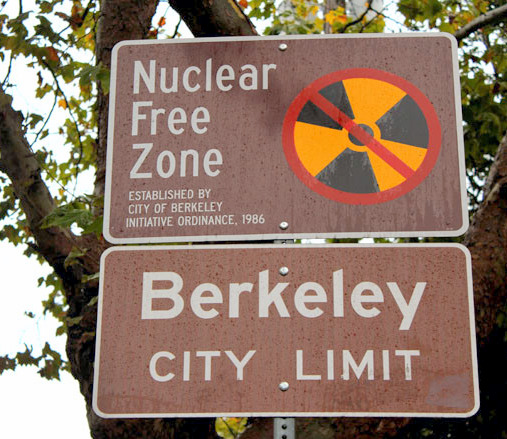striker42
Well-known member
I think people forget the importance of States in the pre-Civil War period. Even military units were divided by State.
So while the idea of people feeling greater loyalty to their State than to their country is alien now, it was perhaps the norm at the start of the Civil War.
When States left the Union, people had to choose between loyalty to their State and loyalty to their country. That wasn't an easy decision. I guarantee you if other Northern states seceded, plenty of people hailed as heros of the Union would have instead be called traitors today.
Referring to all Confederates as traitors who committed treason is way too simplistic a look that doesn't take the law or the role of States at the time of the Civil War into account. I think it's probably a reaction to the noble lost cause narrative created after the Civil War about the South.
So while the idea of people feeling greater loyalty to their State than to their country is alien now, it was perhaps the norm at the start of the Civil War.
When States left the Union, people had to choose between loyalty to their State and loyalty to their country. That wasn't an easy decision. I guarantee you if other Northern states seceded, plenty of people hailed as heros of the Union would have instead be called traitors today.
Referring to all Confederates as traitors who committed treason is way too simplistic a look that doesn't take the law or the role of States at the time of the Civil War into account. I think it's probably a reaction to the noble lost cause narrative created after the Civil War about the South.


